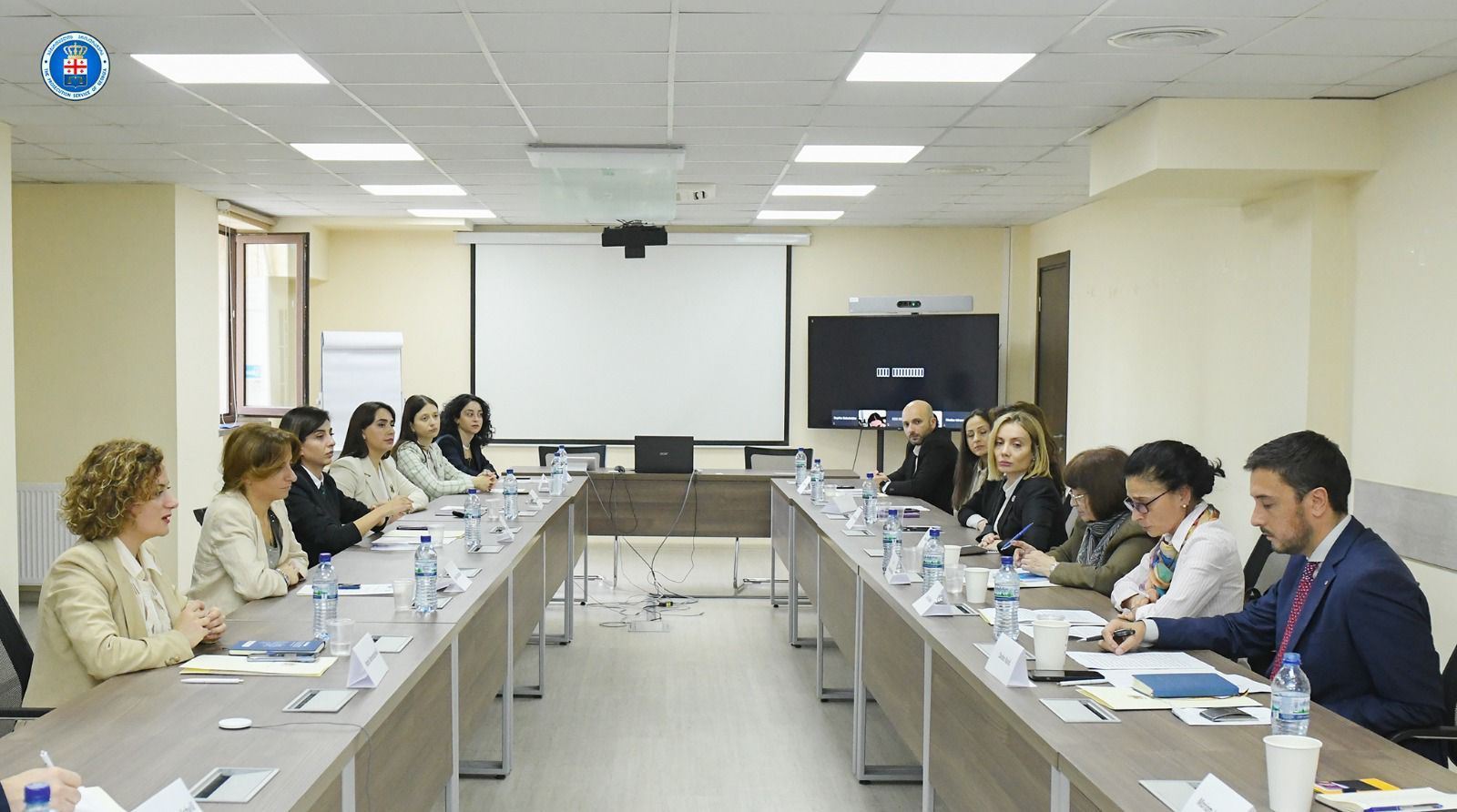An event hosted by the Prosecutor General’s Office of Georgia was held to mark the start of the third cycle of the mentoring programme on women’s access to justice for legal professionals. The event also marked the finalisation of the second cycle that resulted in another generation of specialised prosecutors, who are now handling violence against women cases.
During the opening remarks made by Ms Natia Merebashvili, Deputy Prosecutor General of Georgia, it was emphasised that “countering gender stereotypes requires effort, however, there has been a substantial change over the course of past years, to which the co-operation with the joint European Union and Council of Europe regional project contributed to a significant extent. Our joint work is a testament of this success.”
Participants in the mentoring programme on women’s access to justice come from the ranks of specialised public prosecutors with experience in cases of violence against women and domestic violence. They stressed the innovative approach of the mentoring methodology which, unlike traditional teaching methods, involves supportive communication between peers and promotes reflection and awareness raising on a gender-sensitive approach in the justice sector, centred around victims.
Five new mentors from the Prosecutor’s Office of Georgia were trained recently, alongside legal professionals from other Eastern Partnership countries on mentoring skills. Over the course of one year, all Eastern Partnership mentors will work with selected mentees from within the justice systems, thereby creating an informal network of gender focal points within judiciaries.
This event is part of the European Union and Council of Europe joint programme “Partnership for Good Governance”, co-funded by the European Union and the Council of Europe, and implemented by the Council of Europe in the framework of the project “Women's Access to Justice: implementing Council of Europe’s gender equality and violence against women standards”.





